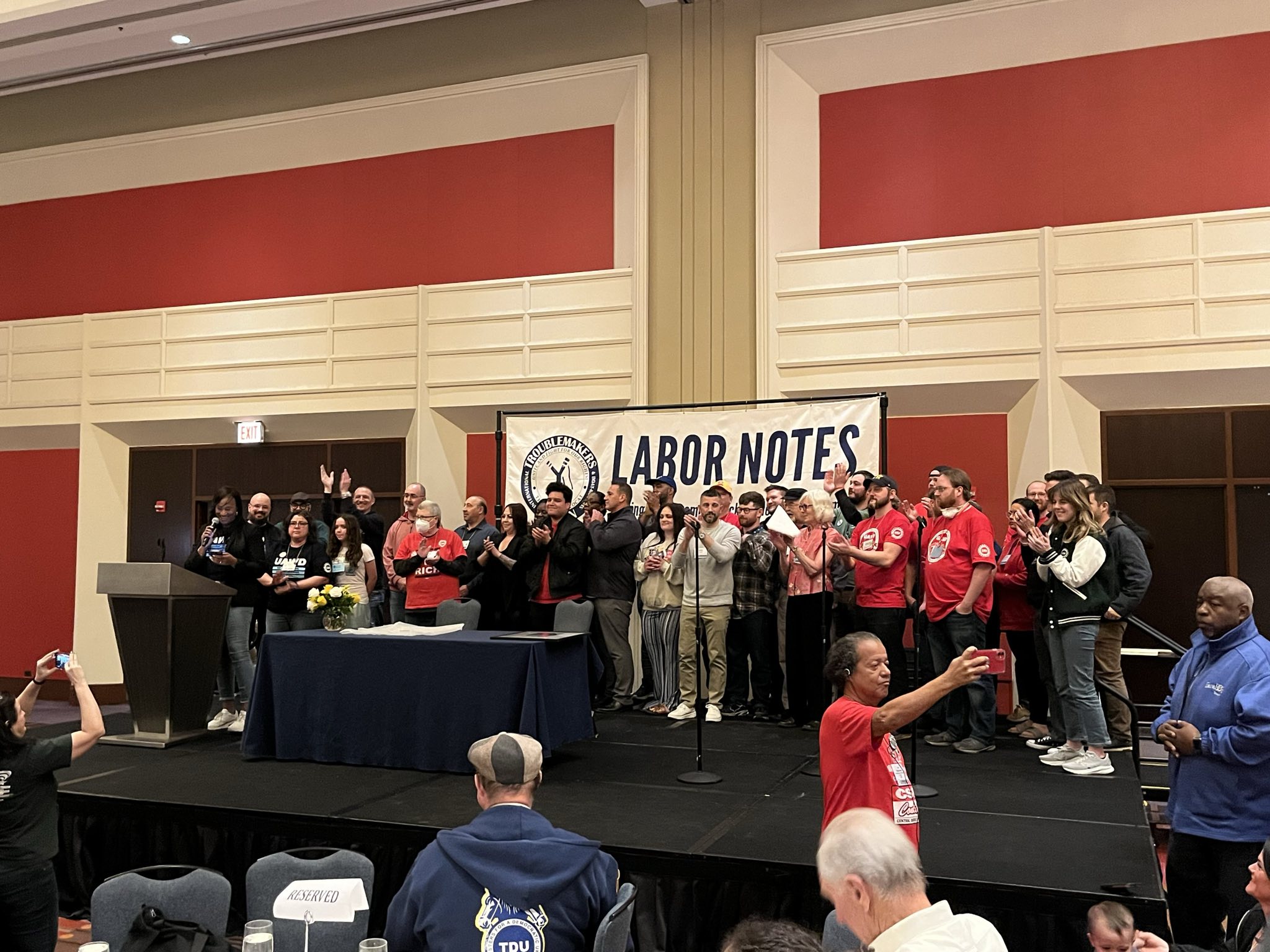Given the discrepancy between the German and American responses to hate speech, disinformation, conspiratorial thinking, and violent political radicalization, it is no surprise that Germany has already developed many thoughtful, audience-specific resources for managing violent extremist groups. Resources that address violent extremism in Germany have been developed for audiences that span civil society, private industry, and social-public spaces. This project has helped develop resources – infographics, pamphlets, short guides – that will give small business owners, local government agencies, and community activists/organizers information and strategies for interacting with hate groups, extremists, and various violent-radicalized organizations.
The Polarization and Extremism Research and Innovation Lab (PERIL) at American University identified German resources that target audiences and situations not typically addressed by those developed in the United States. Resources identified focused on how to manage mass gatherings that attract a large influx of White Supremacist patrons, how to advocate for a member historically targeted and marginalized groups, and how activists can prepare for potential violence and counter protests at community events. Researchers at PERIL selected, translated, and modified these German resources to address American audiences dealing with far-right extremist populations across civil society. Once developed, these resources were then assessed and evaluated for their ability to:
(a) increase the subject’s knowledge, awareness, and understanding of extremism, strategies to combat it, and situations where subjects might encounter extremist content;
(b) bolster their confidence and willingness to engage with someone about extremism; and
(c) determine how effective and useful the resource is for the specific audiences that it was developed for, i.e. activists-organizers, employees and small business owners, and local government officials.
The resources were then assessed by collecting quantitative and qualitative survey data for each population, utilizing pre-test/post-test data analysis to determine the impact of the resource on its audience, as well as evaluating open-ended qualitative responses from each population regarding the efficacy and utility of each resource for each group.
Overall, the results suggest that the resources developed for this project are effective in increasing knowledge and understanding of extremism and extremists groups for all three populations. In addition, results suggest that the resources developed improve a subject’s willingness to engage and intervene on issues of extremism, and were found to be valuable and well-received resources by activists, small business owners, and local government officials.
This collaborative project between RLS and PERIL provides evidence of each tool’s effectiveness in better equipping the target audiences with the skills and knowledge to recognize risk and respond to extremism in their own environments, allowing community members to become better informed and empowered to engage meaningfully in their local environments in the face of rising hate.
Read and download the reports




